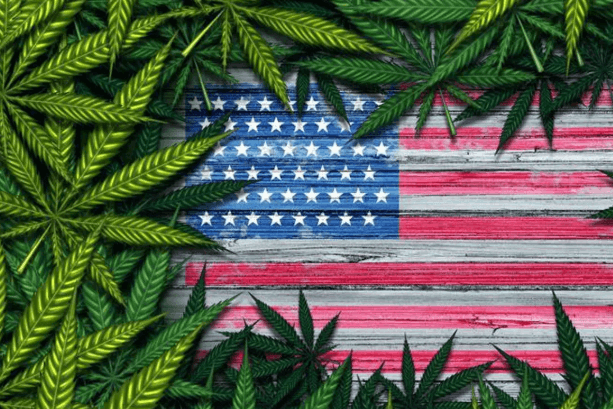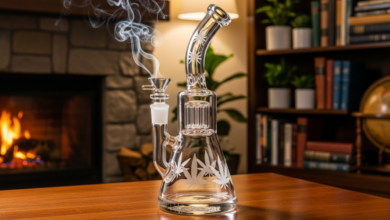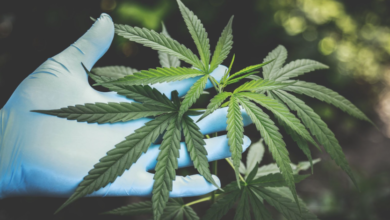Is Cbd Legal in Idaho

The legality of CBD in Idaho presents a complex landscape shaped by both state and federal regulations. While hemp-derived CBD is permitted under specific conditions, Idaho’s stringent laws differentiate between products based on THC content, fostering a cautious environment for consumers and businesses alike. Understanding these nuances is crucial for anyone interested in navigating the market responsibly. However, the implications of these regulations extend beyond mere legality, raising important questions about compliance and potential risks that may not be immediately apparent. What should consumers be particularly aware of in this intricate legal framework?
Overview of CBD Legality
The legal status of cannabidiol (CBD) in Idaho is characterized by a complex interplay of state and federal regulations, necessitating a thorough understanding of the specific laws governing its use and distribution.
Common CBD misconceptions often overshadow its recognized benefits, making it crucial for consumers and producers to navigate Idaho’s regulatory landscape effectively.
Understanding these intricacies can empower individuals seeking to harness CBD’s potential advantages.
See also: How Long Does Cbd Stay in Dogs System
Federal Regulations Impacting Idaho
Federal regulations play a significant role in shaping the legal framework for CBD in Idaho, particularly through the Agricultural Improvement Act of 2018, commonly known as the Farm Bill.
This Act legalized hemp-derived CBD at the federal level under specific conditions.
However, state compliance challenges arise as Idaho navigates federal cannabis policy, creating a complex environment for producers and consumers seeking clarity and access.
Idaho’s CBD Laws Explained
Idaho’s laws regarding CBD are characterized by stringent regulations that differentiate between hemp-derived products and those containing higher levels of THC. This reflects the state’s cautious approach to cannabis-related substances.
This legal framework has led to numerous CBD misconceptions, often confusing consumers.
Local CBD businesses must navigate these complexities to ensure compliance while educating the public about the legal landscape surrounding CBD products in Idaho.
Types of CBD Products Allowed
Understanding the types of CBD products permitted in Idaho requires an examination of the state’s specific regulations that classify hemp-derived products and their allowable THC content.
The legal CBD product categories include oils, tinctures, edibles, and topicals, produced using various CBD extraction methods such as CO2 and ethanol.
Each category must comply with Idaho’s stringent guidelines to ensure legality and safety.
Consequences of Illegal CBD Use
Engaging in the use of illegal CBD products in Idaho can result in several legal repercussions, including fines, confiscation of products, and potential criminal charges.
Furthermore, individuals may face health risks associated with unregulated substances, which can exacerbate legal penalties.
Awareness of the legal landscape is crucial for those seeking freedom in personal health choices while navigating potential pitfalls in illicit CBD use.
Conclusion
In the intricate tapestry of Idaho’s legal landscape, the threads of CBD regulation weave a complex narrative of caution and compliance.
While hemp-derived CBD emerges as a beacon of potential benefits, its acceptance is ensnared within a framework of stringent restrictions.
Navigating this labyrinth demands vigilance and knowledge, as the repercussions of missteps can cast long shadows.
Ultimately, understanding the legal boundaries serves as a safeguard, ensuring that the pursuit of wellness does not traverse into the realm of illegality.




